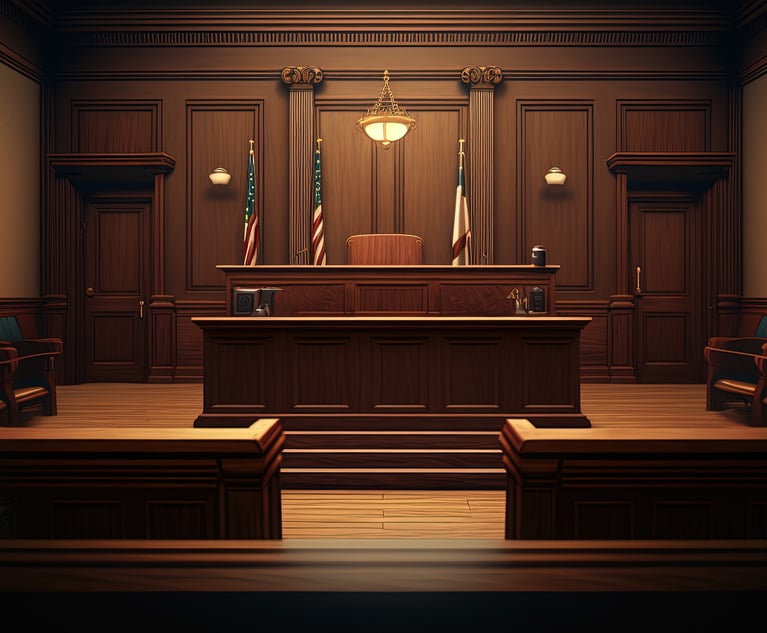On July 31, 2018, the Supreme Court of New Jersey reversed in large measure an earlier of its decisions and held that in criminal cases, CSAAS (“Child Sexual Abuse Accommodation Syndrome”) expert testimony, except for that on the subject of “delayed disclosure,” may no longer be presented to juries. (State v. J.L.G. (A-50-16) (078718)). The decision is especially significant, because it withdraws judicial acceptance from a previously recognized form of expert testimony.
The defendant was convicted in Hudson County on charges of first-degree aggravated sexual assault; third-degree aggravated criminal sexual contact; second-degree endangering the welfare of a child; and third-degree witness tampering. The Appellate Division affirmed the conviction, and the Supreme Court granted a petition for certification limited to the question of whether the trial court properly denied defendant’s motion to exclude the testimony of the state’s expert having to do with CSAAS. Because the court lacked an adequate factual record, “[i]t remanded to the trial court for a hearing ‘to determine whether CSAAS evidence meets the reliability standard of N.J.R.E. 702, in light of recent scientific evidence.’” Subsequently the court affirmed the conviction on the ground that the evidence of guilt was “overwhelming” but modified the Appellate Division Judgment, holding that in the future “expert testimony about CSAAS … may no longer be presented to juries.” The court further held, however, that testimony about “delayed disclosure” can still be admitted in appropriate cases.


 New Jersey Supreme Court Chief Justice Stuart Rabner
New Jersey Supreme Court Chief Justice Stuart Rabner




